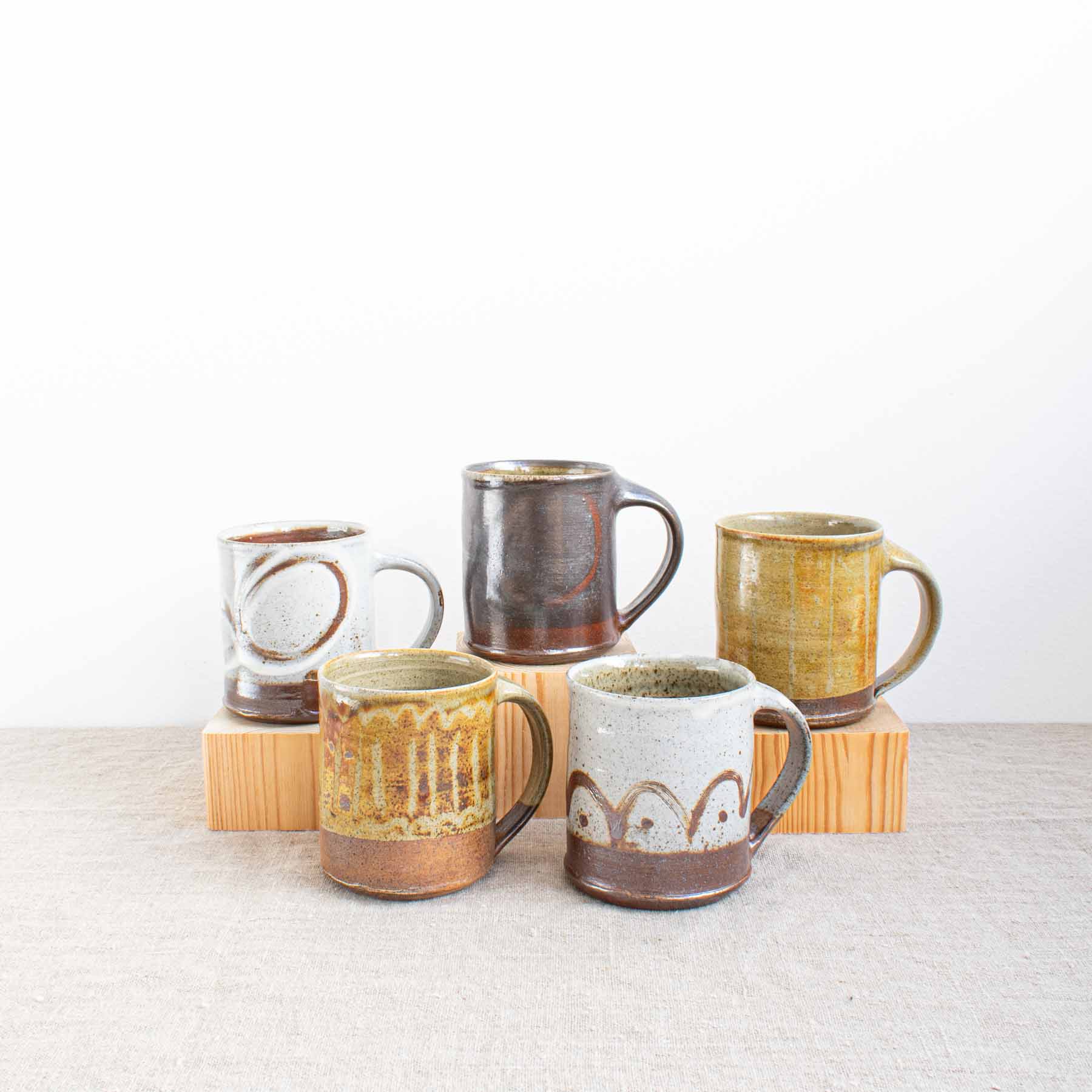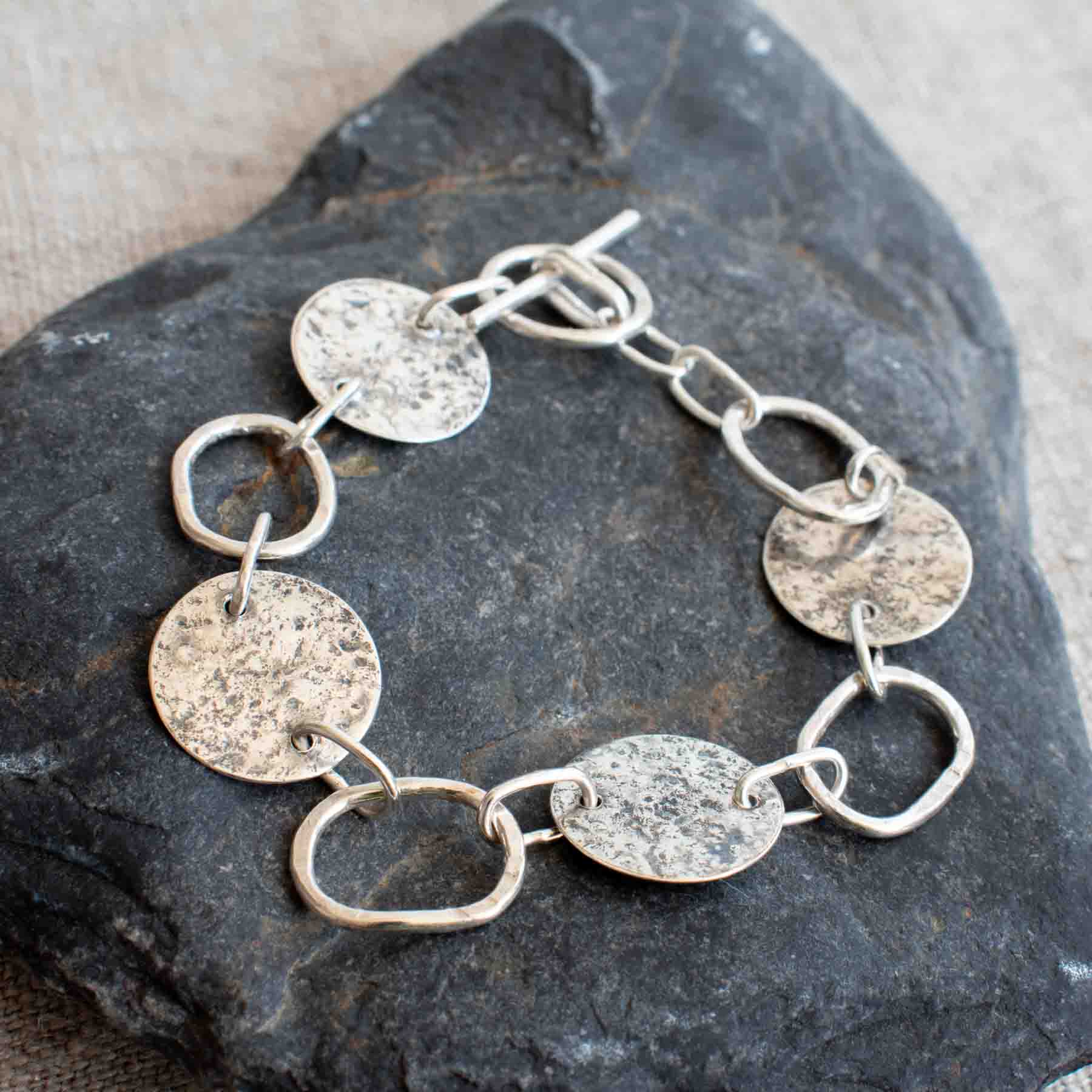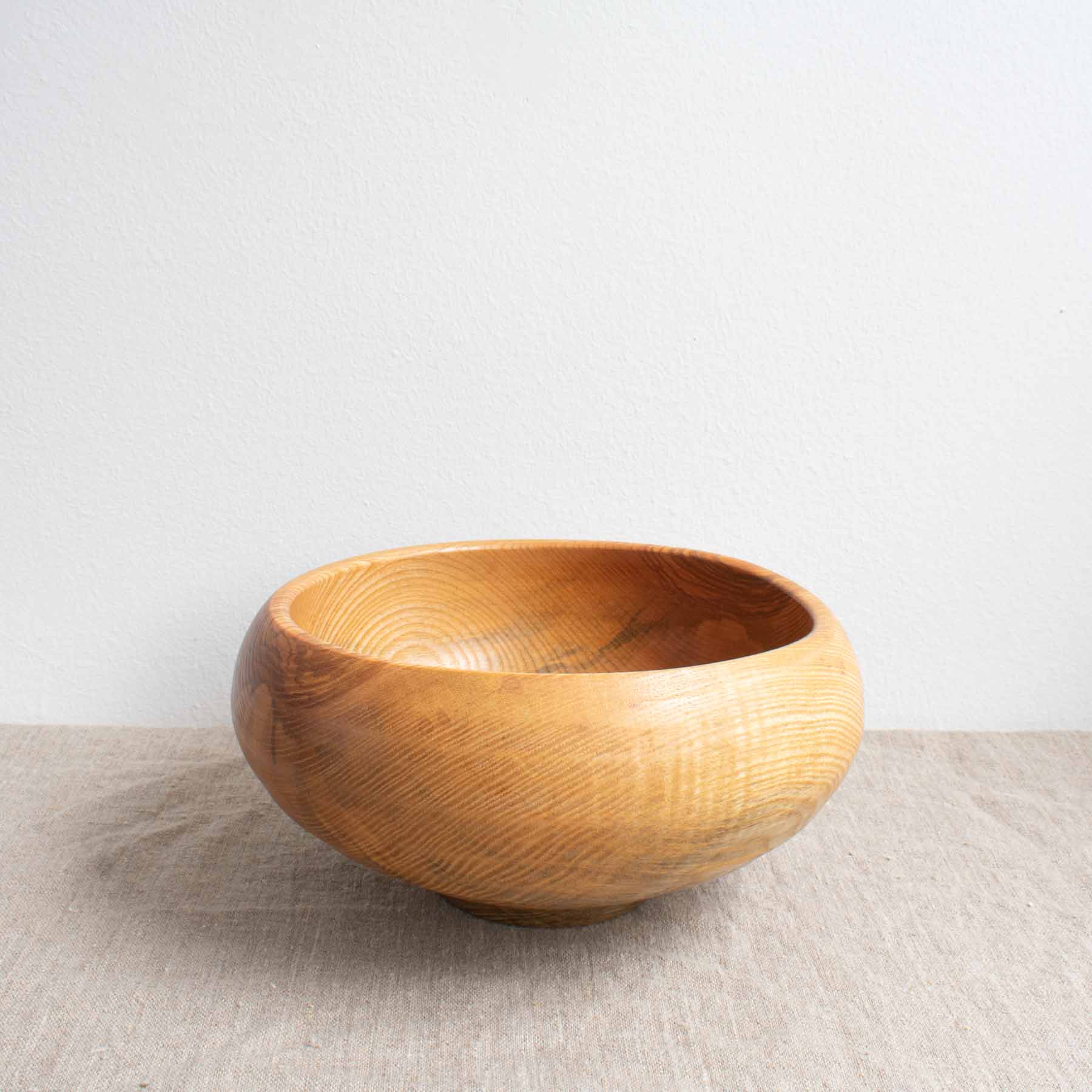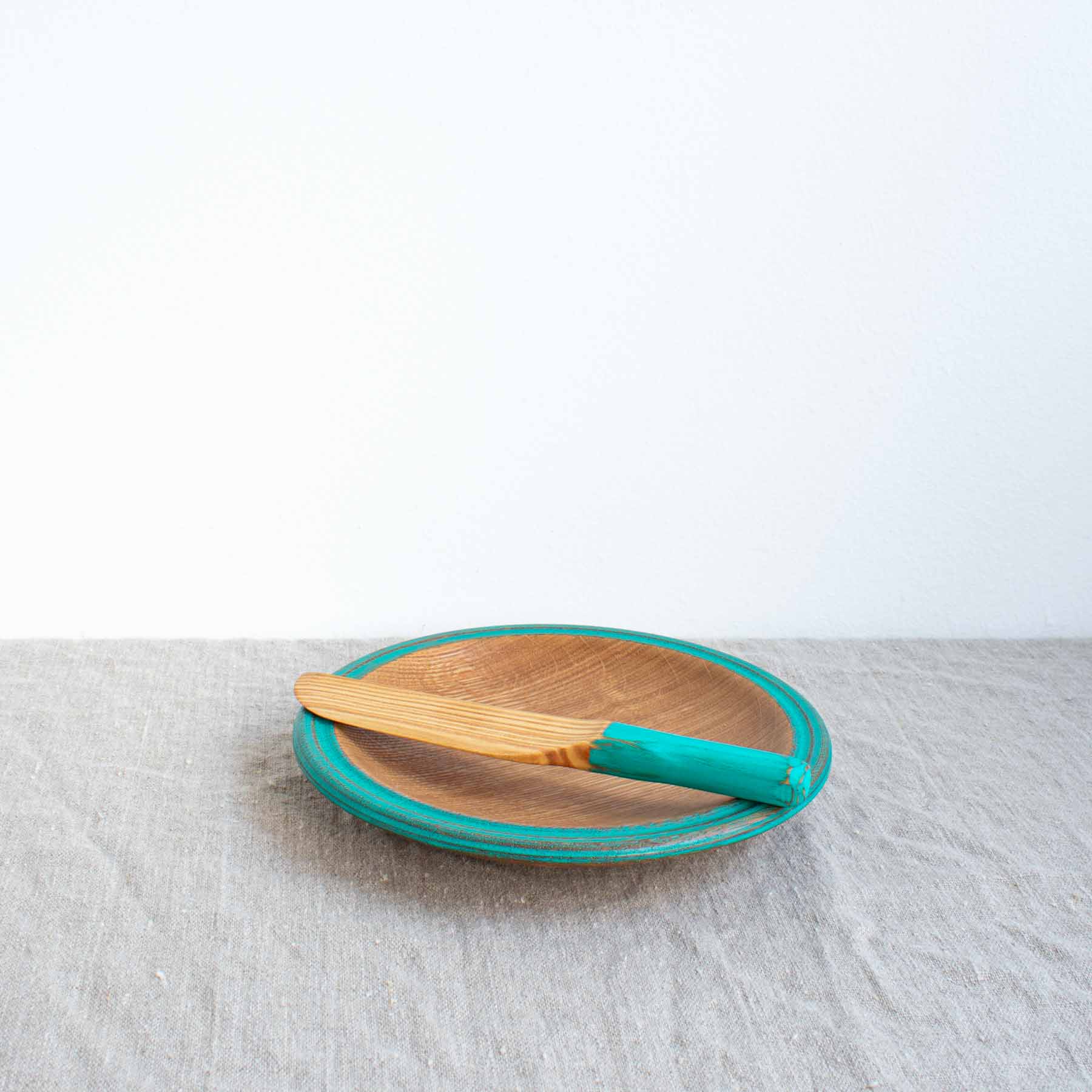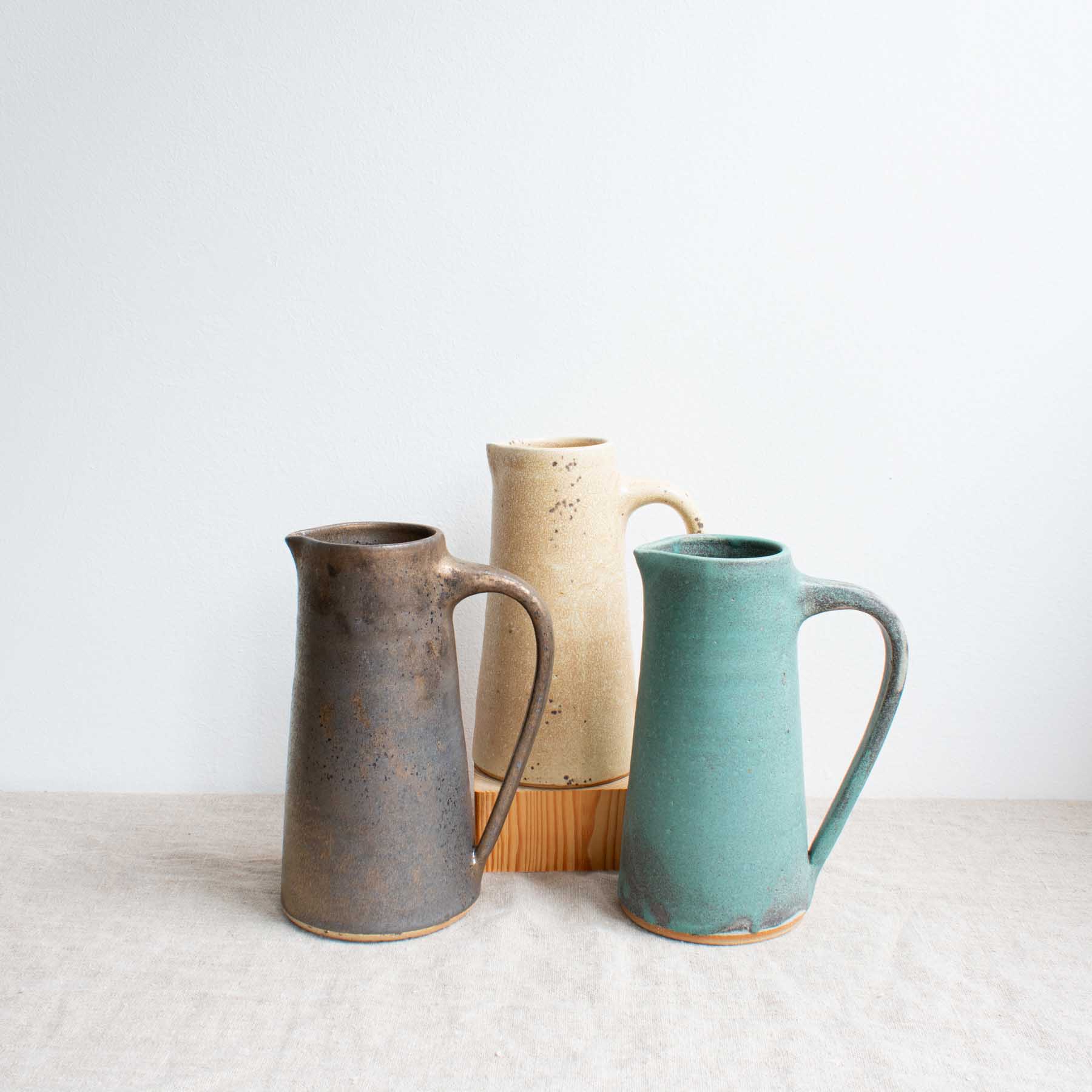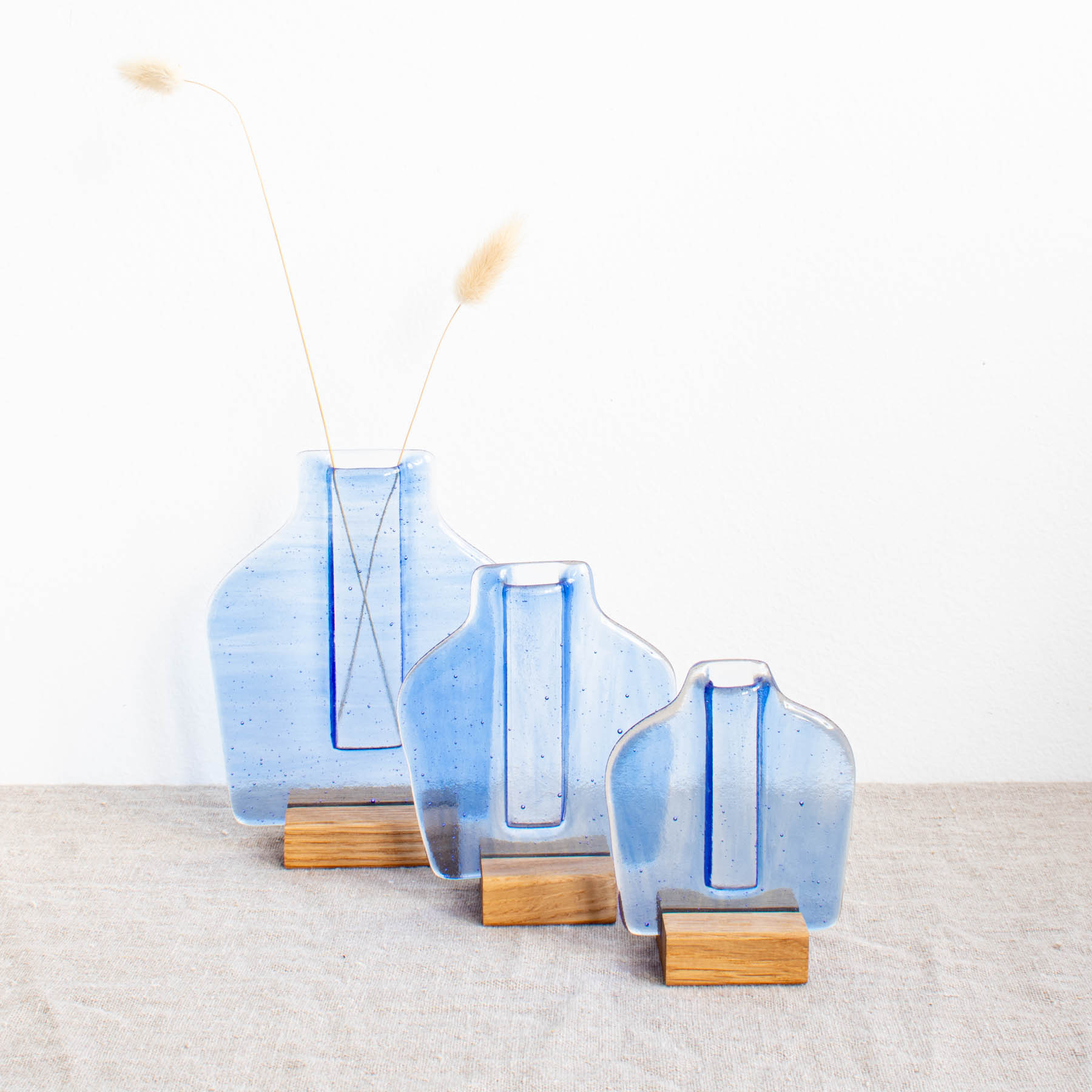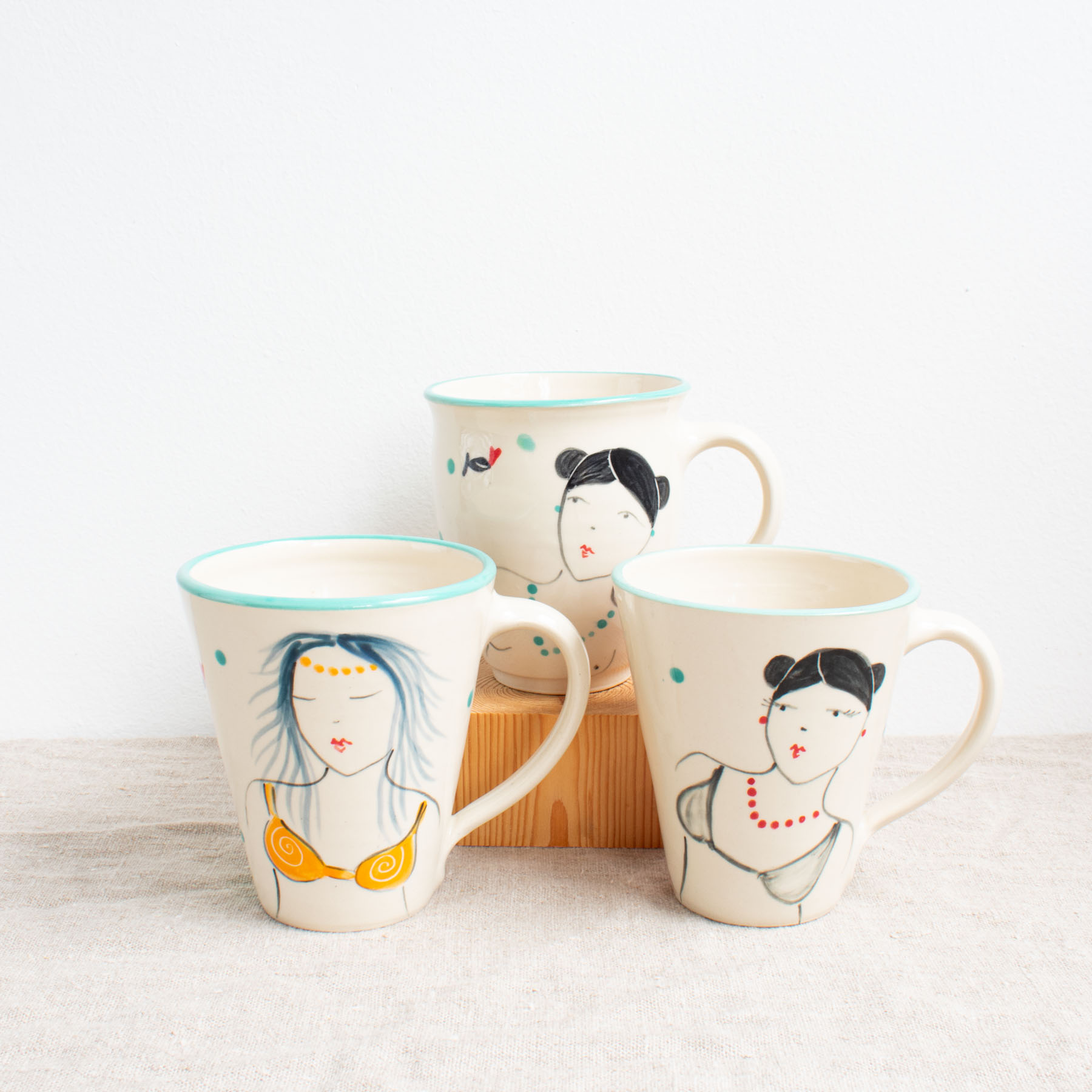What is Green Friday and Why Should You Care?
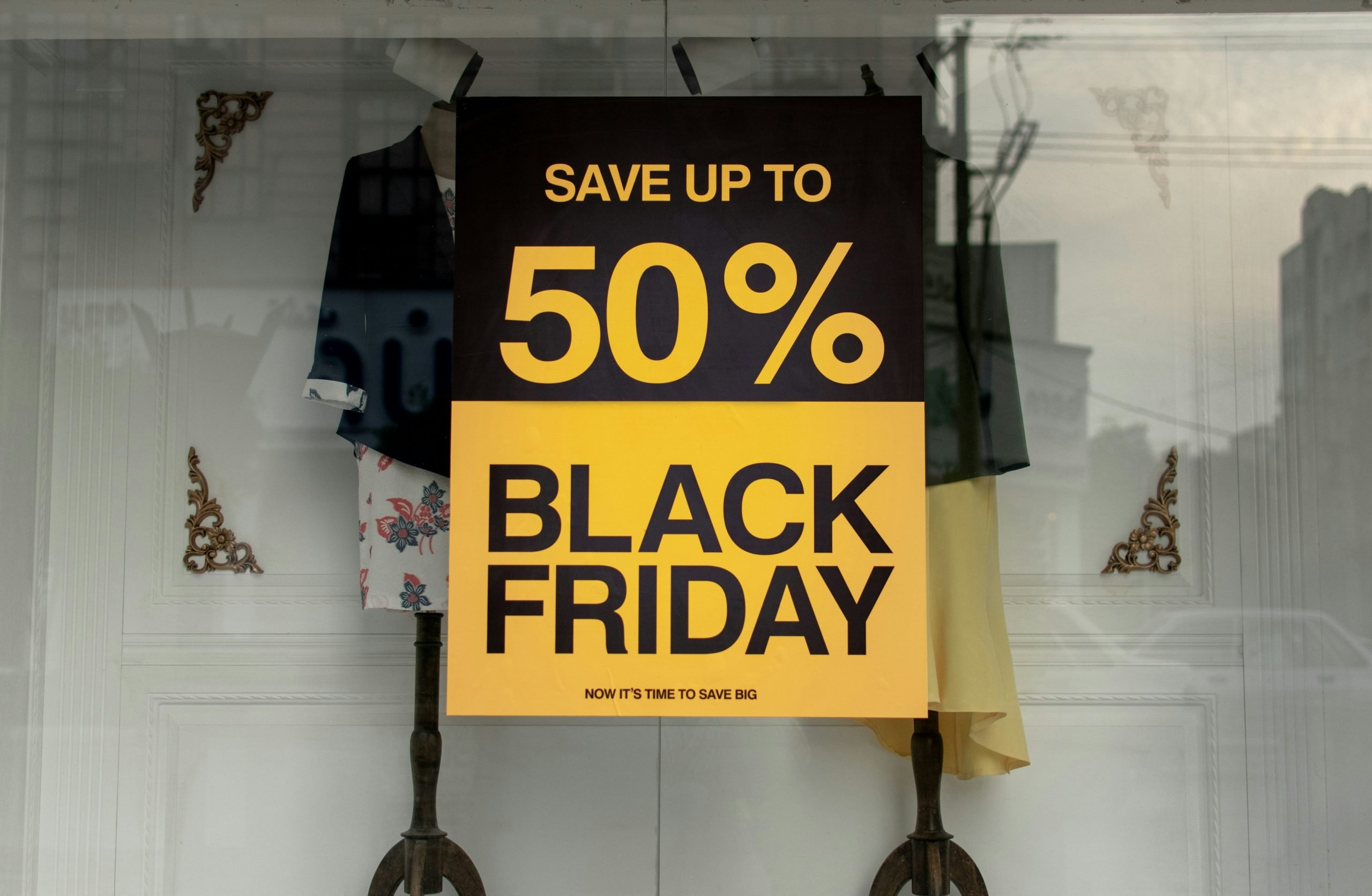
Each year the noise surrounding Christmas gets louder and louder, earlier and earlier. Black Friday is the foghorn that seems to declare we’re hurtling towards shopping and gifting season. Black Friday happens on November 29th this year (2024), although sales under the ‘Black Friday’ umbrella begin earlier in the month.
The impulse buying extravaganza is hugely damaging for so many reasons, which we’ll go into! Thankfully, there’s an antidote called ‘Green Friday’, which encourages shoppers to purchase mindfully, sustainably, and ethically, if purchasing at all.

Amy Cooper Ceramics
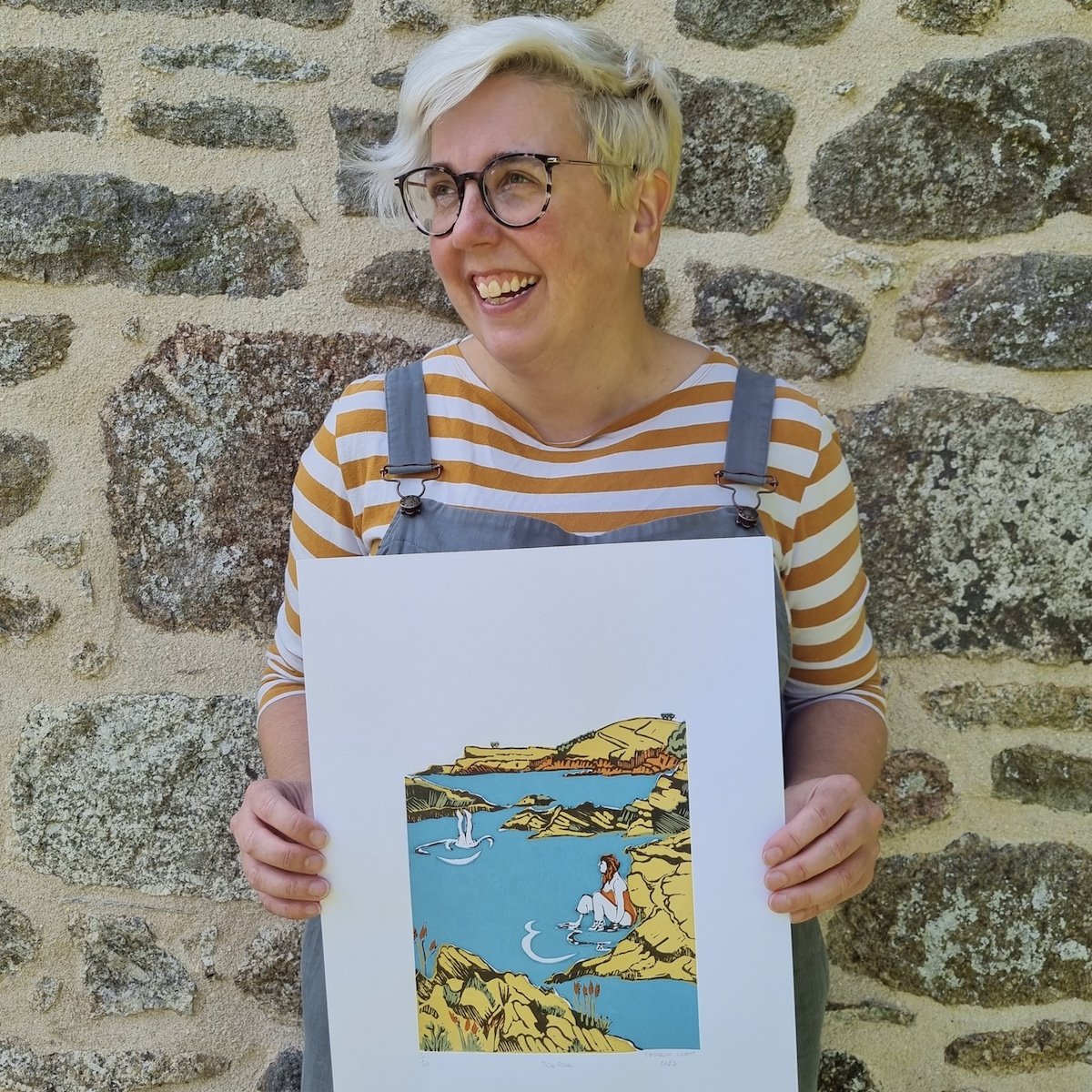
Catherine Lovett
What is Green Friday (and therefore Black Friday)?
To explain Green Friday, we must first start with Black Friday. Black Friday might seem like a relatively new phenomenon, but its origins can actually be traced back to the 1940s in the USA. A law was passed for Thanksgiving to be celebrated on the fourth Thursday of November as a national holiday. To give themselves a long weekend, many workers called in sick or took a holiday on the Friday. And many made the most of the opportunity to get a head start on their Christmas shopping.
It’s believed the term ‘Black Friday’ was coined by police officers who had to deal with the resulting surge in traffic chaos, shoplifting, accidents and general disruption. So not necessarily a positive term even to start with! The change in connotation came in the late 80’s, when brands decided to spin a black-to-red narrative, claiming that Black Friday marked the first day of the year businesses turn a profit, going from the red (financially) to the black. This was a result of the Christmas shopping season beginning, and so many of the population taking the day off work. From then on it was used to describe the post-thanksgiving sales, and a handy way to buy Christmas presents for a bargain.
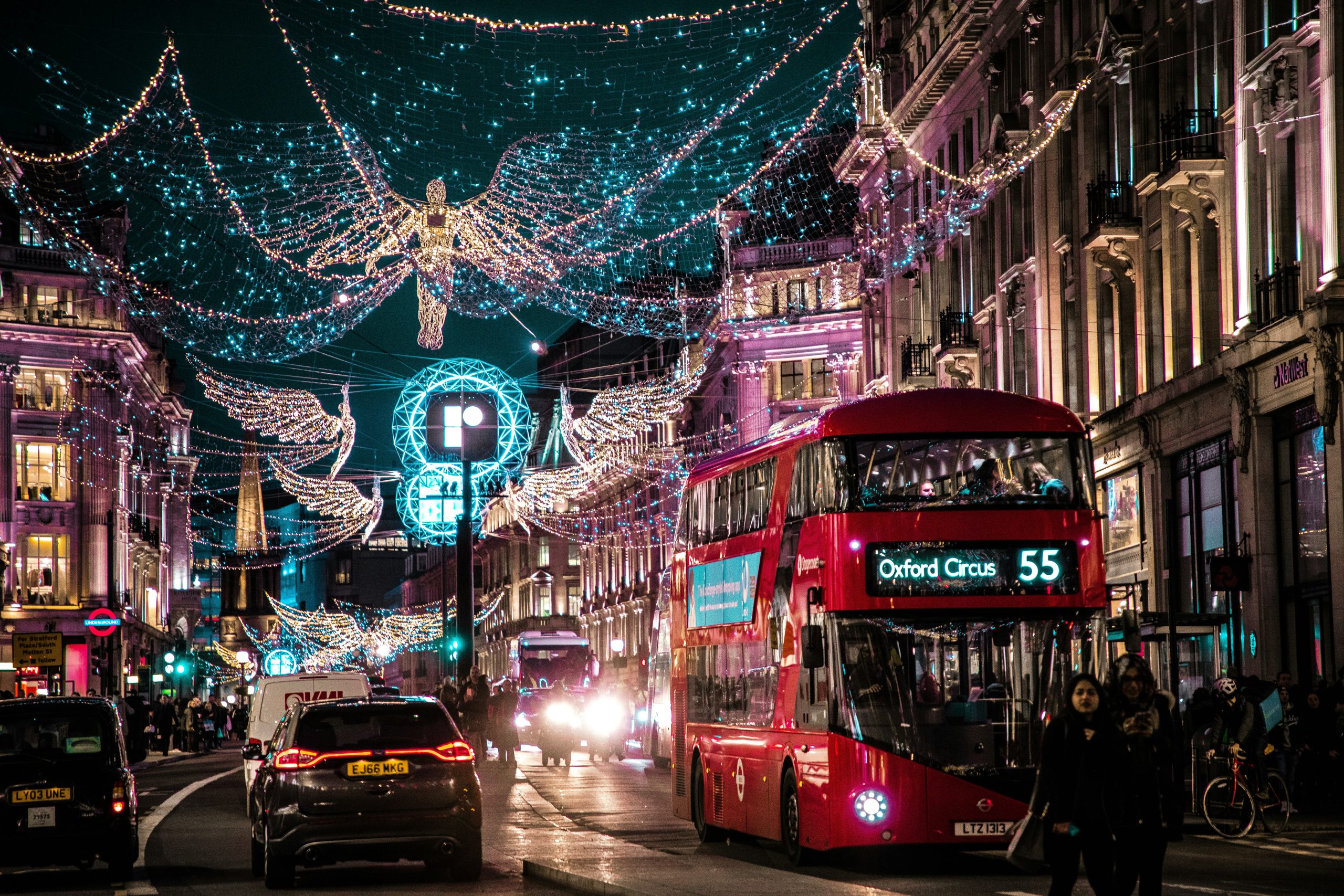
And just like so many cultural events, Black Friday made its way from the USA to the UK. In the early 2010s, American-owned companies such as Amazon and Asda introduced Black Friday to the UK, with plenty of British brands soon jumping on the bandwagon, feeling they needed to compete to stay afloat.
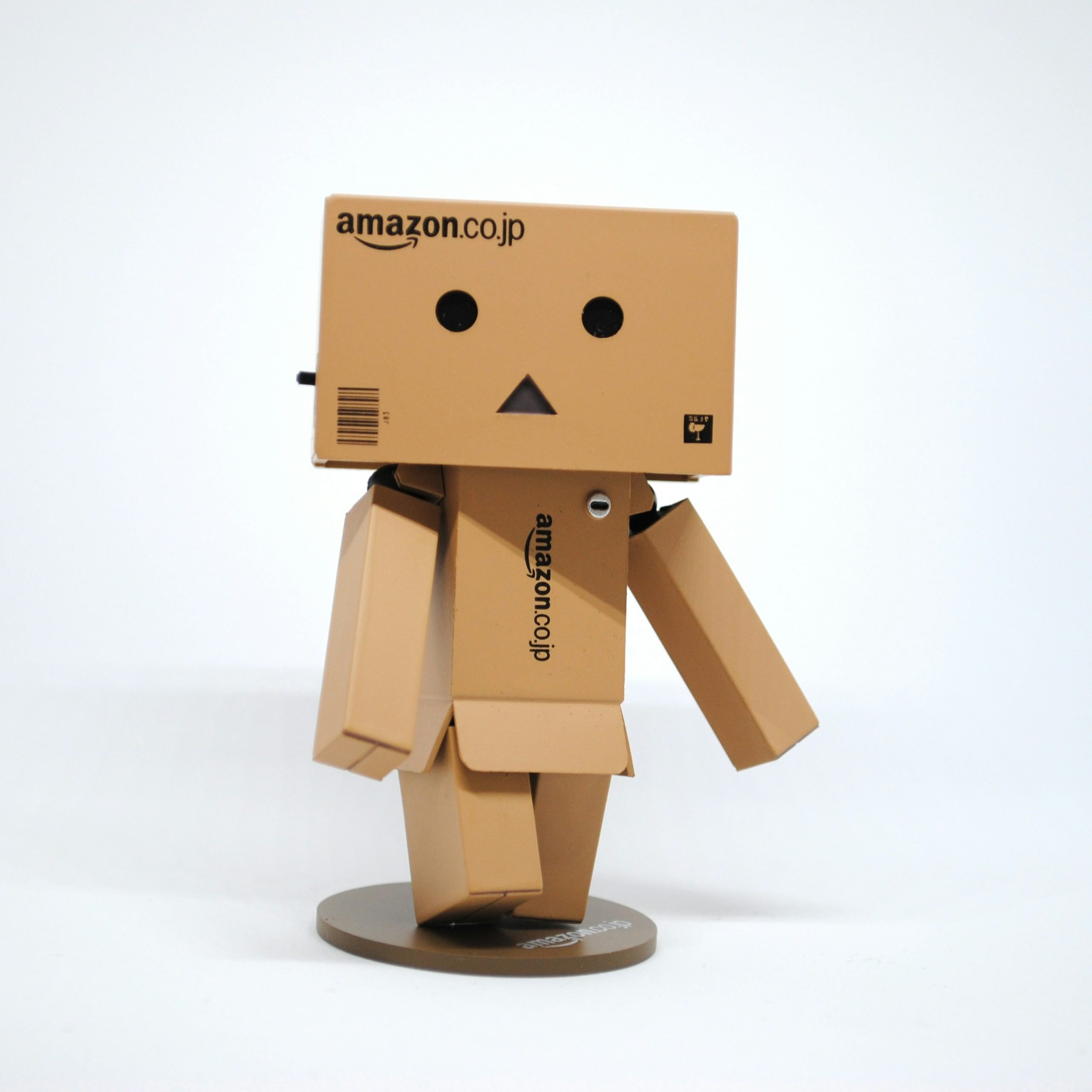
You might be thinking Black Friday sounds great, what’s wrong with bagging a bargain? Well, look closer and Black Friday is everything that’s wrong with consumerism. Companies now actively manufacture poor quality items to prepare for Black Friday, ones they can sell super cheap and still make a large profit on. These items are often made from synthetic fibres and made using exploitative labour overseas. They won’t last long in your wardrobe, but they never biodegrade. It is the environment, and the poorly treated workers who are left to pay the price.
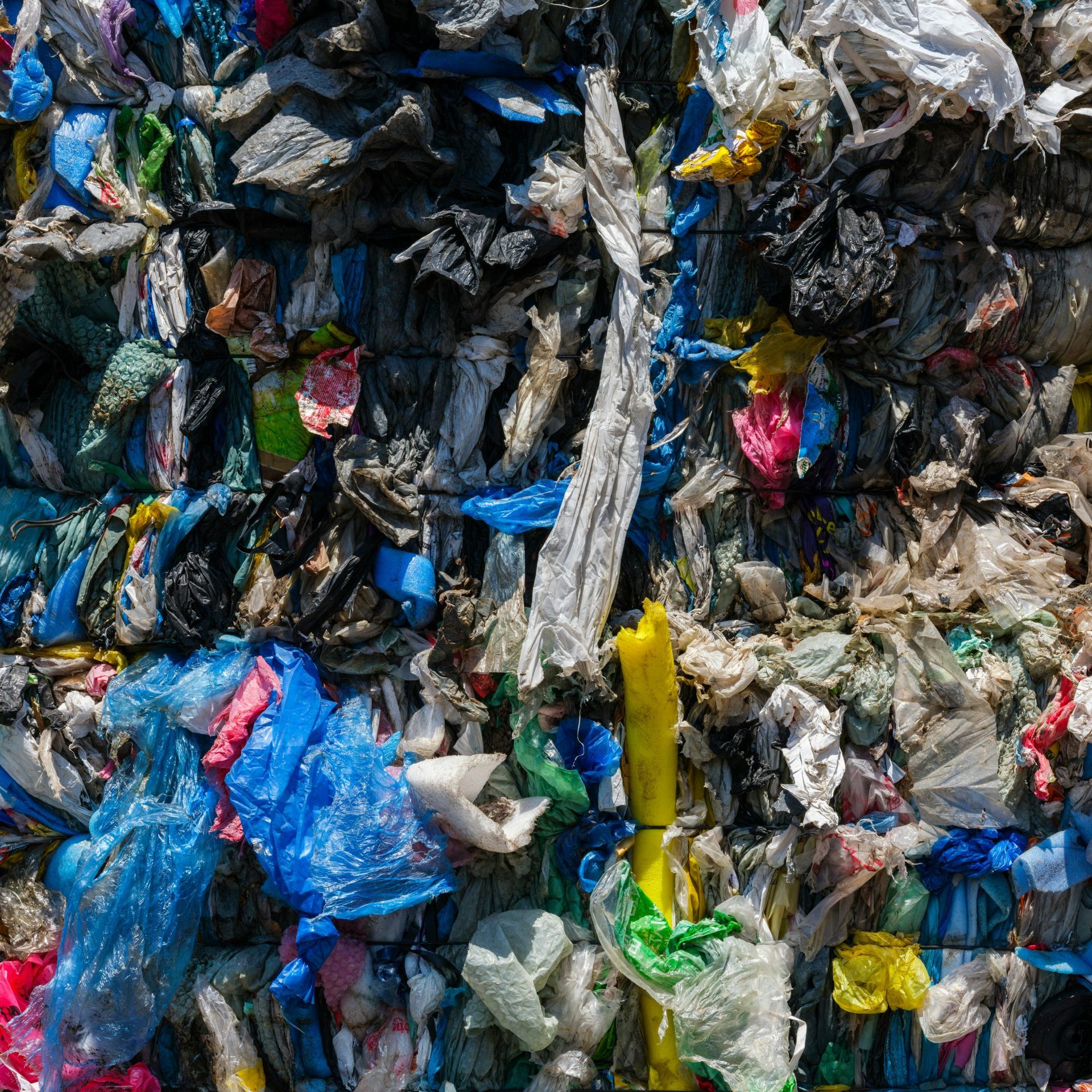
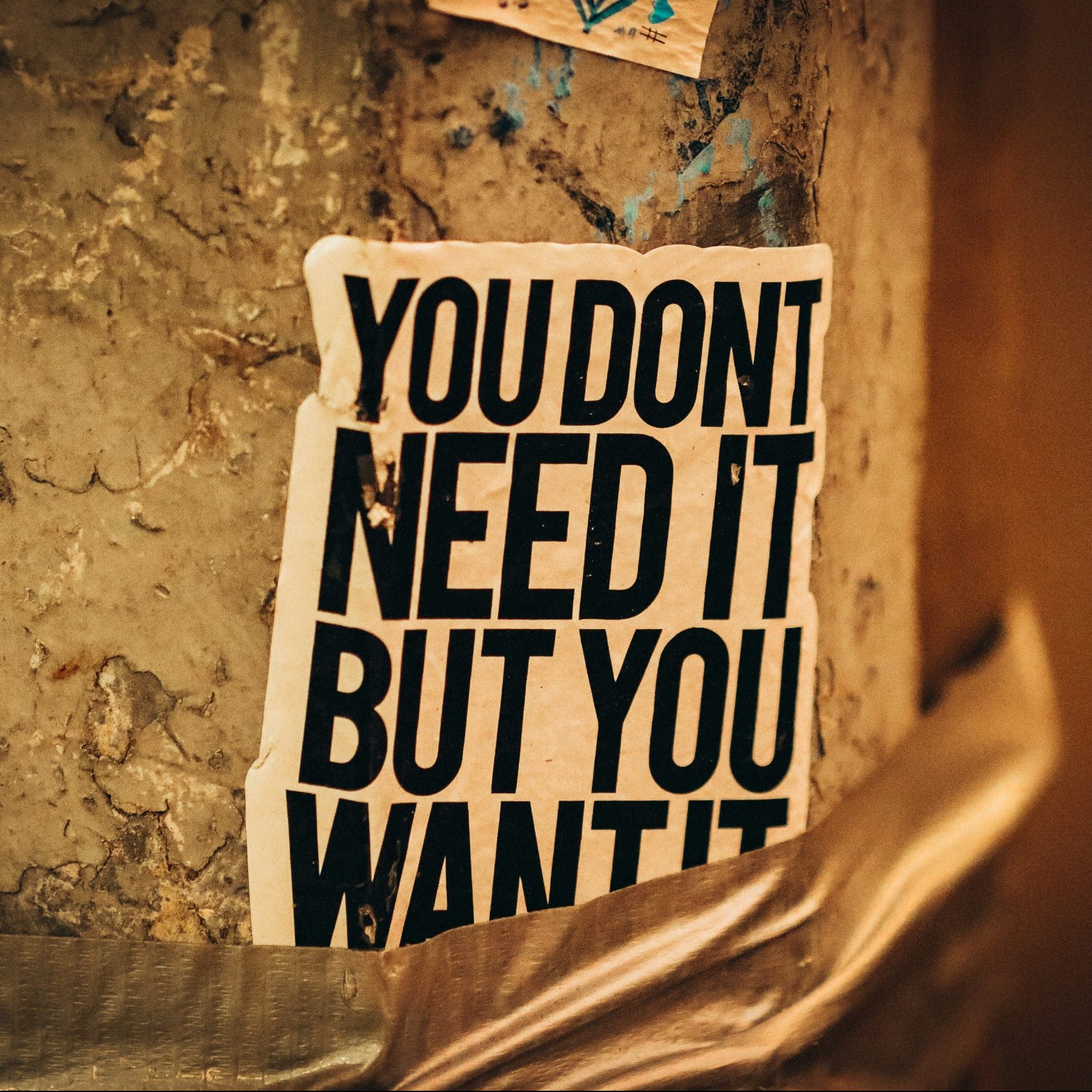
It has taken time for society to open its eyes to the terrifying growth of mass-production and fast fashion, and see the damaging impact it has on the countries we rely on for labour, as well as the unsustainable shopping habits it has created. Many now view clothing as disposable, and with this, we see overproduction, increased landfill and incineration, river and air pollution, and poor health and living conditions of the makers.
So, Green Friday is the much-needed antidote. ‘Green’ because it’s approaching the sales event through a sustainable lens and urging us to consider the impact of impulse shopping from large companies who offer Black Friday discounts.
Green Friday began to shine a spotlight on the unnecessary excess that Black Friday promotes, and it also encourages shoppers to consider supporting small independent shops, and solo creatives and businesses. You can choose to make your money matter and buy things that you may have pondered on for a while, that are made from natural materials, and harness the skills of talented local artisans.
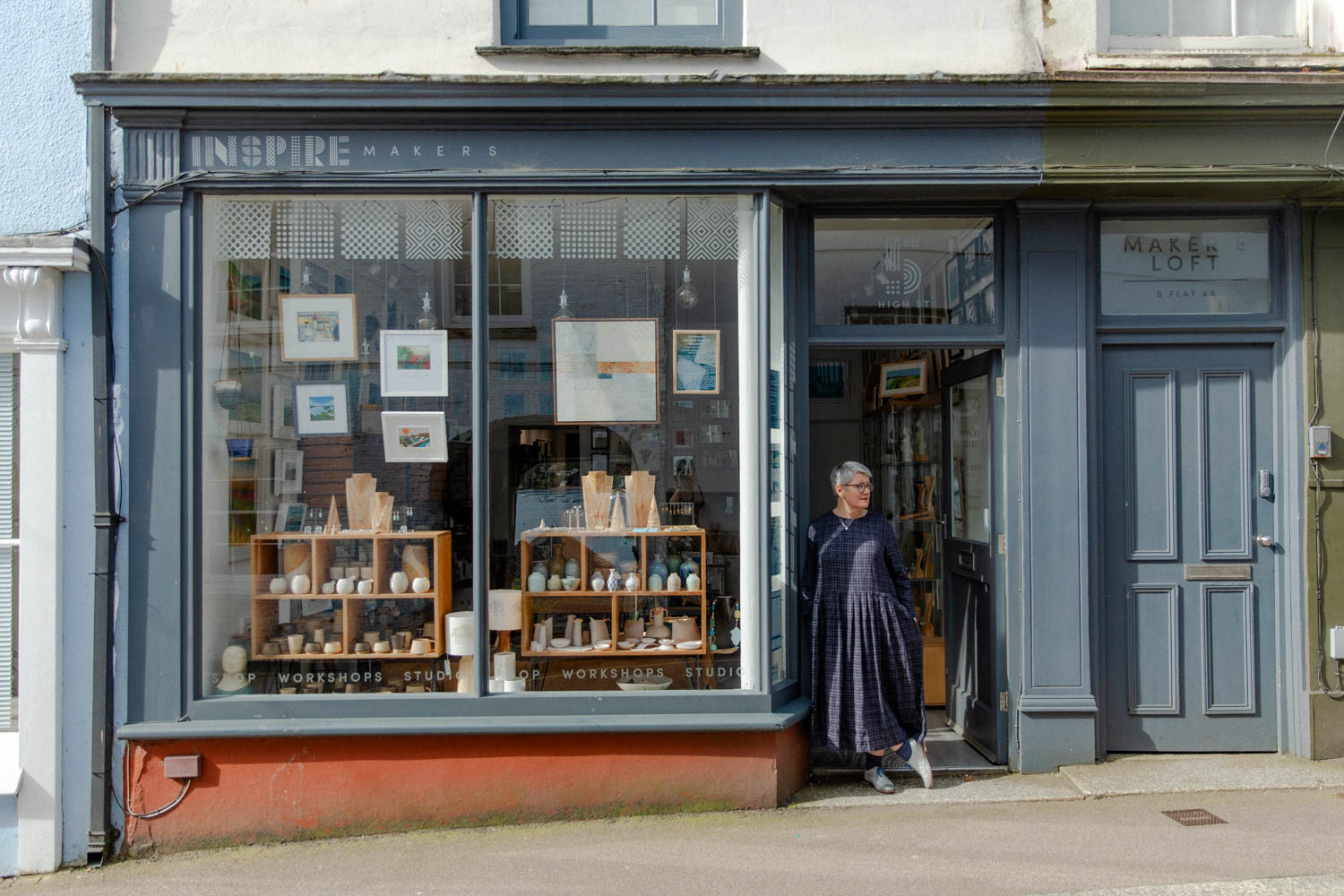
Cornish independent shop Inspire Makers, run by Vicki Glaister
These are items you will feel connected too, mend when they start to look a little worn, and be proud of. The feelings are totally opposite to those felt on Black Friday, namely greed, guilt, and regret. Around 1 in 3 shoppers return their Black Friday purchases.
Why is Green Friday so important?
Green Friday is so important because it articulates clearly why we should boycott Black Friday, and encourages action, even if this is by actively ignoring the sales! It gives a cause to those who feel uneasy about Black Friday and allows an alternative to be offered. With the sheer psychological power Black Friday marketing has, it really does help to have a differing cause to stand up for.
We’ve touched on the pollution, exploitation, and disposable nature of Black Friday, and the consequences this has on extreme climate change and society. Green Friday is so important because by encouraging people not to shop mass-produced items in the first place, so many of these issues can be reduced.
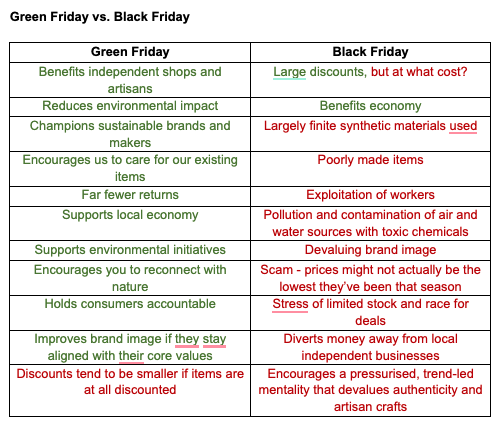
How can you get involved in Green Friday?
Tempted to choose Green Friday over Black Friday chaos? We can promise you it’s 100 times more rewarding, and you’ll feel none of that guilt over an impulsive buy for a mass-produced item. We’d also hedge our bets in saying the bargain you think you’re getting isn’t such a bargain after all. Often companies state the original price as higher than is accurate, so you think you’re getting more of a discount.
Anyway, on to the good stuff. How can you get involved in Green Friday?
- Ignore the bombardment of ‘Black Friday Sales’ notifications from retailers. Your inbox will be flooded with emails, unsubscribe if you’re wondering why you get their emails in the first place.
- Take a pause from social media. Targeted advertisements will know how to tempt you (and break you!). Opt for a digital detox for a few days.
- Reduce consumption. If you are tempted to shop, ask yourself a few questions. Do you have something similar? Could you find it second-hand? Does it truly suit your style?
- Choose quality over quantity. Invest in one well-made item that will last a long time, and that you’ll cherish.
- Shop sustainably. Divert your attention to sustainable brands, independent shops, and artists and makers who may not offer a Black Friday discount, but who pour their skill and dedication into their wares.
- Support a green cause. Donate to an environmental charity or support a local community.
- Get outside! Put some distance between you and Black Friday temptation, and go for a walk, cycle, swim – anything that gets fresh air into your lungs. Often just taking time between thinking about purchasing, and actually purchasing, is enough to make you think twice.
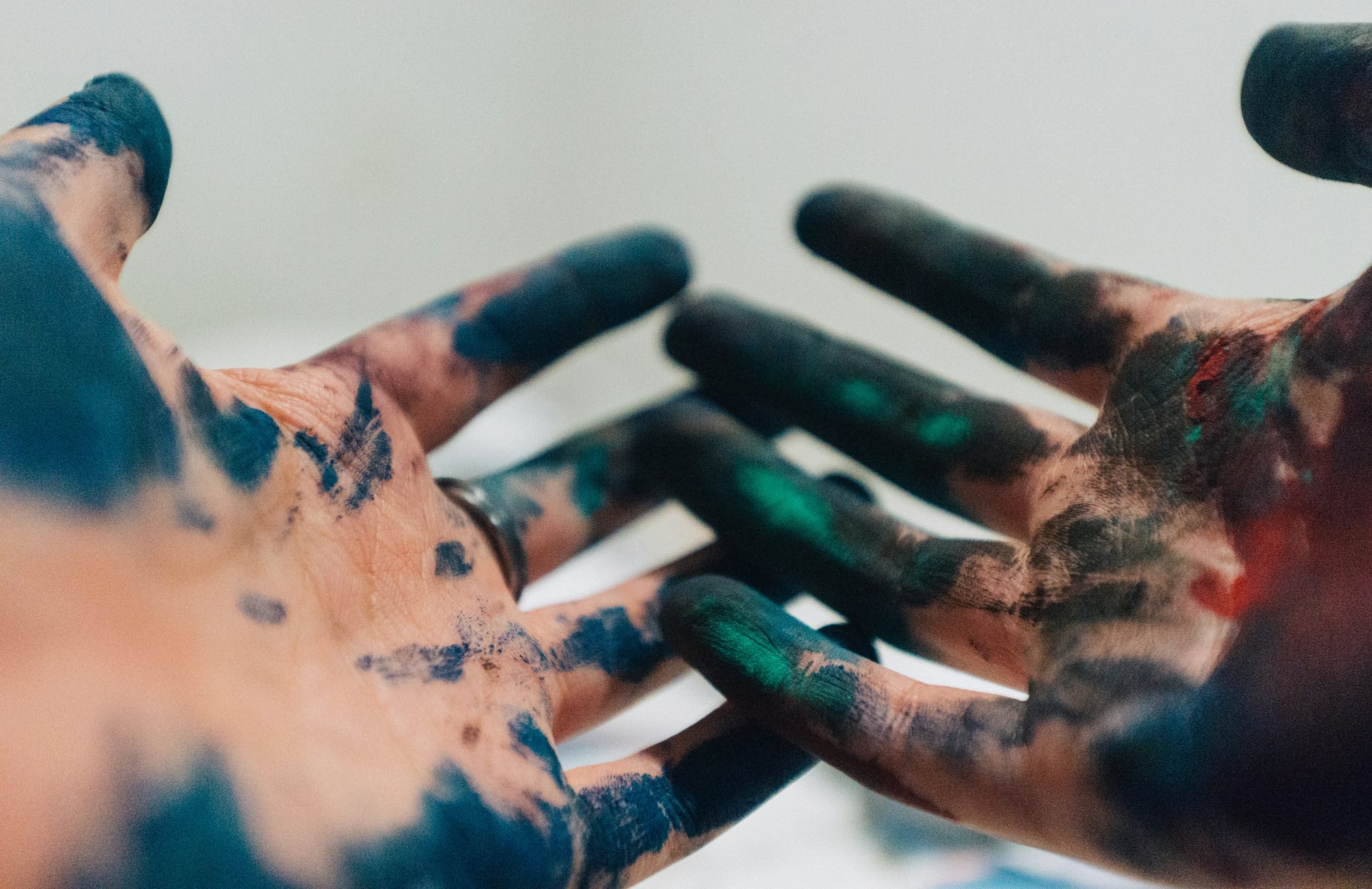

Support Cornish Artisans this Green Friday
If you’re choosing a Green Friday approach and looking to support local artisans and independent businesses, our Cornish homewares, jewellery, artwork, and more, are made by skilled creatives, working at the top of their game. Browse their works and don’t rush to purchase, but get a flavour of how seeking out locally made items changes the way you view shopping.
Made by Cornish potters, and sometimes even made from Cornish clay. Exquisitely hand-painted or intricately carved, functional or decorative, each piece is an homage to Cornwall’s rich ceramic legacy.
Made by Cornish silversmiths, showcasing locally found sea glass, or even 3D printed, our Cornish jewellery selection celebrates a range of styles.
From original seascapes and stylish minimal prints of the coast, to charming woodcut prints of Cornish wildlife and eye-catching lino prints, each artwork brings a taste of Cornwall to your home.
Think beautiful wooden bowls from naturally felled local timber, to embroidered lampshades, our homewares have that all important human touch, showcasing the skill of the artisan who created them.
We hope you’ll join us this Green Friday (and every day) in supporting local creatives and independent shops, and boycotting the overconsumption and overproduction of mass-produced items, made from synthetic materials. A greener future is one we look forward to seeing, and we’re giving 100% to providing an alternative way to shop, for those who are environmentally conscious.
Want To Hear More? We Would Love To Hear From You.
Sign up to the Inspire Makers newsletter for monthly updates on makers, workshops and exhibitions.
